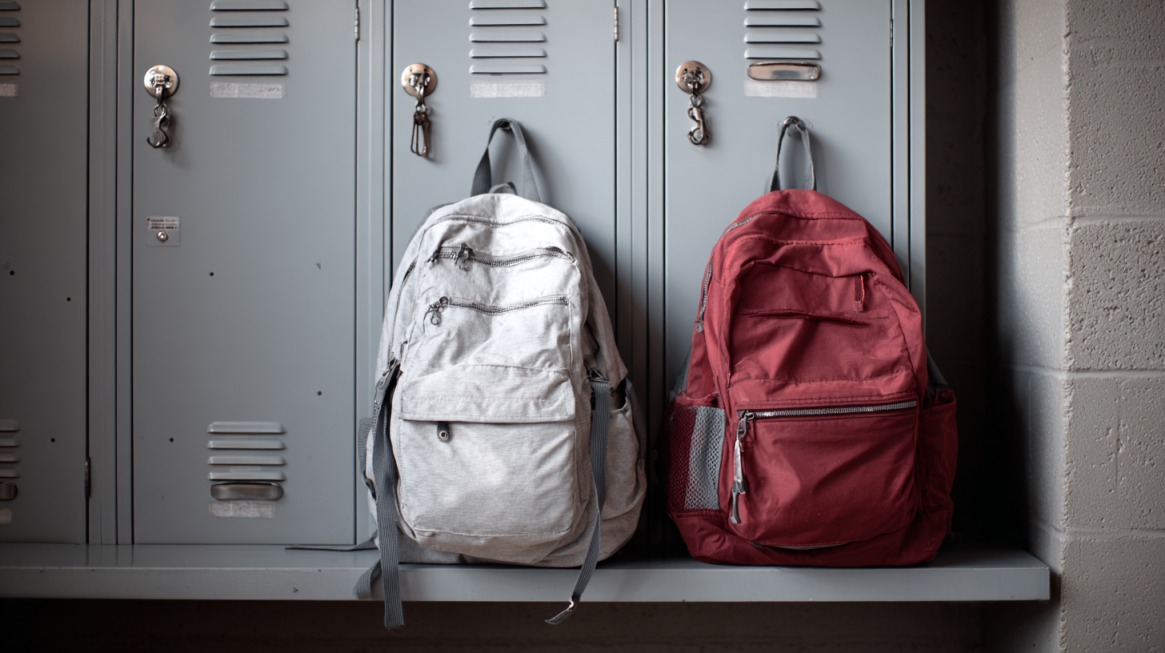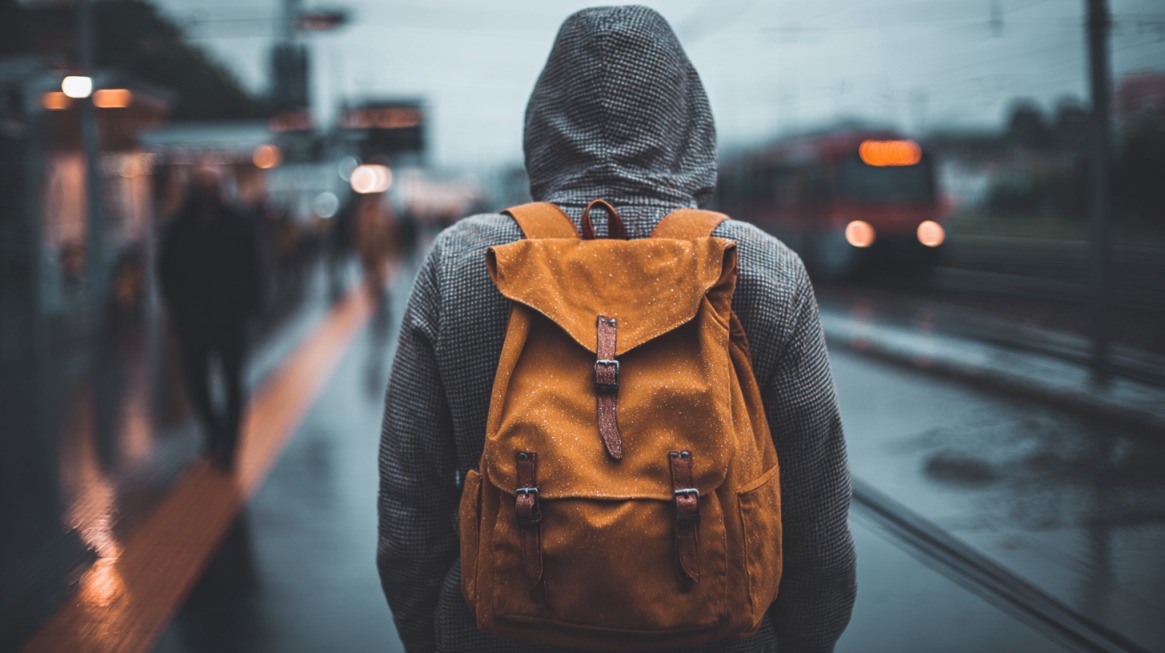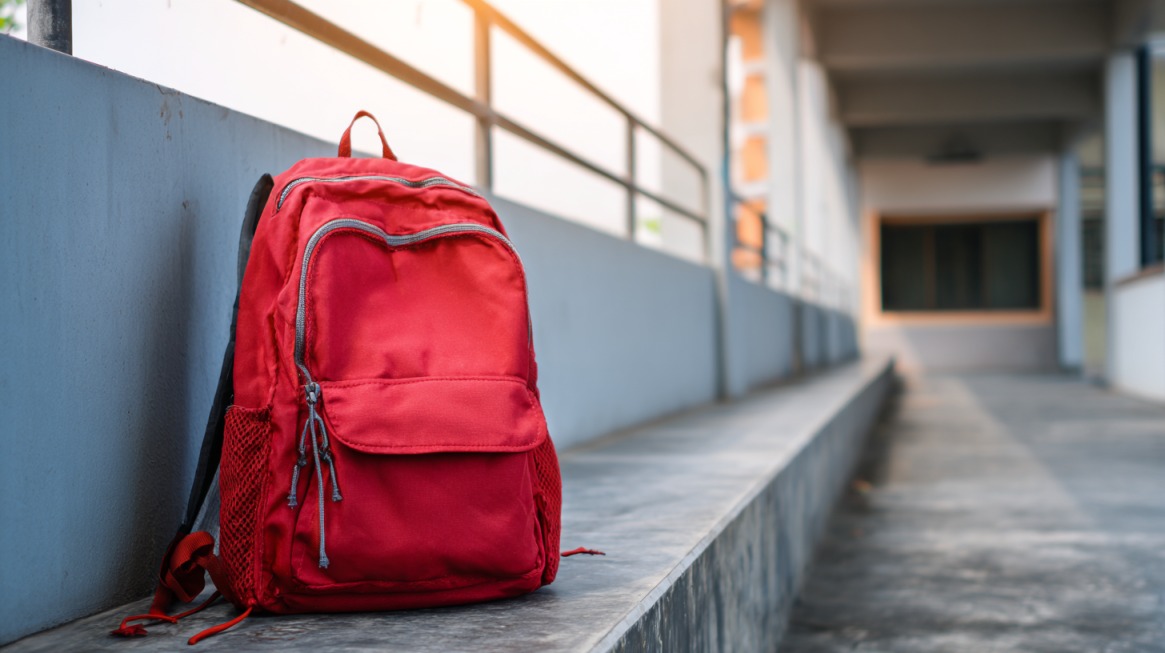Your backpack is your personal space. It might carry your journal, your snacks, your headphones, maybe even a lucky charm tucked away in a side pocket. And that makes it feel private.
But once you walk through those school doors, the rules about privacy shift. Let’s get real: schools are responsible for keeping students safe. And that sometimes means they have the authority to search your stuff, including your phone.
But that power isn’t unlimited. If you’re a student (or a parent, teacher, or school staff), it’s important to know where the line is, what’s allowed, and what your rights are.
Key Highlights
- Schools can search backpacks with reasonable suspicion, not just a hunch.
- Searches must be justified and limited in scope.
- Lockers have less privacy protection than backpacks.
- Police or SROs need probable cause, not just school rules.
What the Law Says About Student Backpack Searches
View this post on Instagram
The starting point for student privacy is the Fourth Amendment to the U.S. Constitution. It protects everyone, including students, from unreasonable searches and seizures.
But inside public schools, that protection works a little differently.
The Role of Schools
Public schools operate under a concept called in loco parentis, which means they take on some responsibilities parents would normally have.
That includes enforcing rules, preventing harm, and keeping order. Because of that, schools aren’t held to the same legal standards as police officers when it comes to searches.
New Jersey v. T.L.O. (1985)
This Supreme Court case laid out the basic framework. Here’s what happened: a high school student was caught smoking in the bathroom. When a school official searched her purse, they found cigarettes, marijuana, and signs of drug dealing.
The student’s lawyers argued it was an illegal search under the Fourth Amendment. The Court disagreed.
- Justified at inception: The school needs specific facts pointing to a possible rule or law violation. Not just a feeling or rumor.
- Reasonable in scope: The search has to be limited to what makes sense based on what’s suspected. You can’t go rifling through someone’s backpack for aspirin and end up checking inside their shoes or underwear drawer.
What Counts as “Reasonable Suspicion”?

According to Eisner Gorin LLP, reasonable suspicion is a lower standard than what police need (probable cause), but it’s not an open invitation to search anything, anytime.
It has to be based on real, specific observations, not vague tips or gossip.
- A teacher sees a student tuck a vape into their backpack during class.
- A student tells a counselor that someone brought pills to school and gives their name.
- A school staff member notices a bulge in a backpack that looks like the shape of a weapon.
All of those would likely meet the threshold. Now compare that to:
- “Someone told me something might be in there.”
- “They’ve been acting weird.”
- “They’re new and quiet.”
That’s not enough. Unless the concern is serious, like a potential weapon, schools can’t act on vague or anonymous information alone.
Real Cases
Ohio v. Polk (2017)
In Columbus, a bus driver handed over a backpack that had been left behind in this case. A school security officer found the student’s name inside and remembered hearing about possible gang involvement.
A further search uncovered bullets, then a second search (of a separate bag) revealed a handgun. The Ohio Supreme Court said the searches were legal.
- The school had a policy for checking unattended bags.
- The bullets gave them specific cause for concern.
- The safety risk justified the additional search.
It’s a clear example of how safety threats can widen a school’s search authority.
Commonwealth v. Damian D. (2001)
In Massachusetts, a school official searched a student’s shoe after suspecting him of skipping class.
The court ruled it unreasonable. There was no logical connection between the suspected violation (cutting class) and the search location (his shoe). That’s an example of a search going too far.
Backpacks vs. Lockers (Not the Same Rules)

There’s an important legal difference between your backpack and your locker.
| Item | Privacy Expectation | Search Requirement |
| Backpack | You own it. You carry it. Courts agree you have a right to privacy. | Requires reasonable suspicion and must be limited in scope. |
| Locker | Usually owned by the school, even if you have a lock on it. | Can often be searched without suspicion, especially if school policy allows it. |
For example, in Michigan, school officials can open lockers without any specific reason. But they still need reasonable suspicion to go through your backpack, even if it’s inside the locker.
Always check your school’s handbook. Policies can vary by district, and some schools include specific rules about locker use or bag searches.
What Are Your Rights If Someone Wants to Search Your Backpack?

Even though schools have extra leeway, you’re not powerless. Here’s what you can do:
1. Refuse Consent (Politely)
You have the right to say, “I do not consent to this search.” That doesn’t stop the search if the school has reasonable suspicion, but it does matter.
If the search later turns out to be unjustified, your objection can support a legal challenge.
2. Don’t Physically Resist
Even if you think the search is unfair, don’t try to block it physically. That can lead to suspension or worse. Stay calm, be respectful, and document everything afterward.
3. Ask for an Adult or Lawyer
You can ask to have a parent, guardian, or legal advisor present. Schools aren’t always required to wait, but your request shows that you’re serious about protecting your rights.
4. Stay Silent
You don’t have to explain yourself. You can politely say you’re choosing not to answer questions until a parent or lawyer is involved. That’s especially important if the search turns into a criminal matter.
What If Police or SROs Are Involved?
That’s a game-changer. School resource officers (SROs) are often regular police officers assigned to work in schools. If they’re doing the searching, the legal standard jumps up.
- Police need probable cause, and in most cases, a warrant, unless it’s an emergency.
- SROs are treated like police when they’re acting in a law enforcement role. So if they’re investigating criminal behavior, they have to meet the same legal standards.
For example, if an SRO searches a student’s bag because they suspect a crime, not just a rule violation, they need probable cause or immediate safety justification.
Massachusetts has made this especially clear: SROs aren’t just backup for school discipline. They’re law enforcement and must follow law enforcement rules.
What About Random Checks and Dogs?
Let’s talk about some school-wide practices that make students nervous.

Random Metal Detector Scans
Totally legal, as long as they apply to everyone and aren’t used to target specific students without cause. Think of it like airport security.
Drug-Sniffing Dogs
Schools can bring in dogs to sweep common areas or lockers. But using a dog to sniff your backpack specifically? That still requires reasonable suspicion tied to you.
Strip Searches
Courts have said that highly invasive searches need a much higher bar. In Safford Unified School District v. Redding (2009), a 13-year-old was strip-searched because of rumors she had ibuprofen.
The Supreme Court said the search was unconstitutional. Way too invasive for such a low-level concern.
What to Do If You Think a Search Was Unfair
Feeling like your privacy was violated? You’re not alone-and you do have options.
Step 1: Write Everything Down
Who searched you? When? What were they looking for? What did they say before and after? Document it all while it’s fresh.
Step 2: Talk to a Parent or Trusted Adult
Explain what happened. Show them what you wrote down. Ask for help reaching out to legal aid or a civil rights attorney, especially if anything about the search felt excessive or targeted.

Step 3: Get Legal Advice
An attorney with experience in student or civil rights law can review your situation and help you decide what comes next.
You might be able to file a complaint with the school district or even take legal action if your rights were violated.
Quick Tips for Students
- Know your school’s handbook rules.
- Politely object to any search you believe is unfair.
- Stay calm. Never escalate.
- Don’t offer extra information.
- Ask for a parent, guardian, or lawyer.
- Document everything after the fact.
- Reach out for legal help if something doesn’t feel right.
Final Thoughts
Your backpack is your space. And while school officials have some authority to search it, they can’t do it randomly or without reason. The law makes room for safety, but it also protects your privacy.
Searches must be based on reasonable suspicion, limited in scope, and never used to intimidate or harass. Know your rights. Speak up when necessary.
And if something crosses the line, don’t let it slide. You’ve got tools, protections, and people who can help. Use them.

